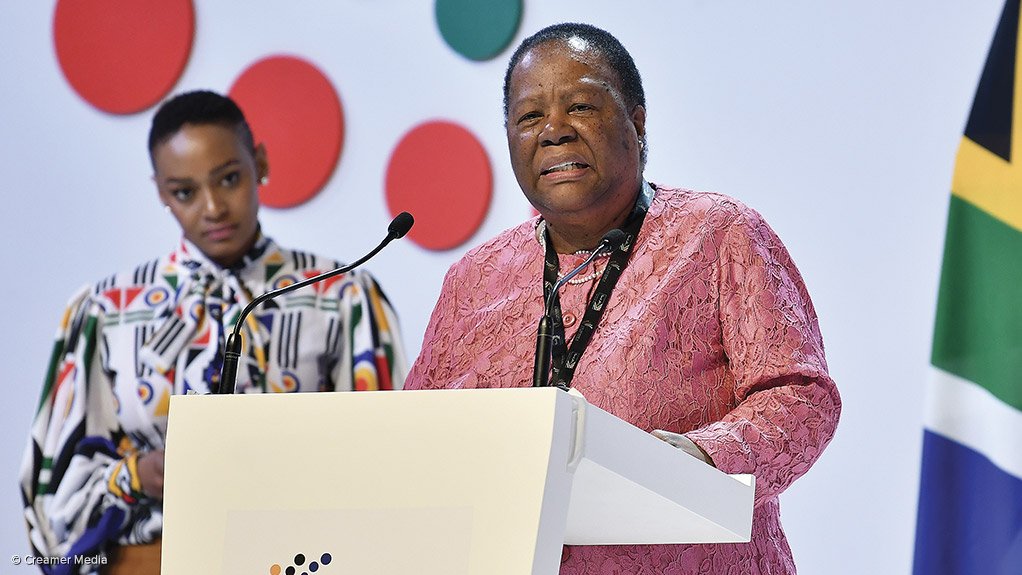Africa still does not realise the potential and opportunity that science and innovation hold for its development, says South Africa’s International Relations and Cooperation Minister Naledi Pandor.
“The time has come for Africa to be serious about investing more in research, development and innovation. It is from this continent that we must develop the response to HIV/Aids and new drugs against tuberculosis. It is also on this continent that we are building the largest radio telescope in the world, so we should wake up to the opportunities of science and innovation.”
She also highlights Africa’s “massive innovation capacity”, with young people who are using the power of technology to transform lives.
Many of the world’s fastest growing economies are in Africa, and the Minister states that living standards on the continent are improving, with a young and eager population also demanding new products and technology.
“Wherever we are, if we talk business, could we [also] talk research development and innovation, and not neglect it as an area of opportunity on the African continent?” she stresses.
Pandor was addressing delegates during the Science and Technology Showcase at the second yearly South African Investment Conference held in Johannesburg last month.
Hydrogen South Africa (HySA) Infrastructure director Dr Dimitri Bessarabov told delegates that many countries were seeking ways of decarbonising their energy supply and that hydrogen was one way of doing so.
This would also hold benefits for South Africa, he noted.
“Hydrogen currently grows at a rate of about 10%, which presents a good investment opportunity. The industry [generates revenue of] $100-billion a year and it can make South Africa a superpower for energy exports.”
Bessarabov also noted hydrogen’s versatility as an energy carrier and commodity chemicals, which could also allow for the integration of different sectors of the industry.
Further, HySA research engineer Phillimon Modisha stated in his presentation that South Africa had abundant reserves of the key elements needed for a hydrogen economy, including platinum-group metals – which are catalytic materials – and renewable resources, mainly solar photovoltaic and wind.
He stressed that an inclusive hydrogen roadmap for South Africa was needed and that the private sector should play a bigger role.
“Investment in large-scale hydrogen production and storage demonstration projects is needed,” Modisha concluded.
Edited by: Zandile Mavuso
Creamer Media Senior Deputy Editor: Features
EMAIL THIS ARTICLE SAVE THIS ARTICLE
ARTICLE ENQUIRY
To subscribe email subscriptions@creamermedia.co.za or click here
To advertise email advertising@creamermedia.co.za or click here













